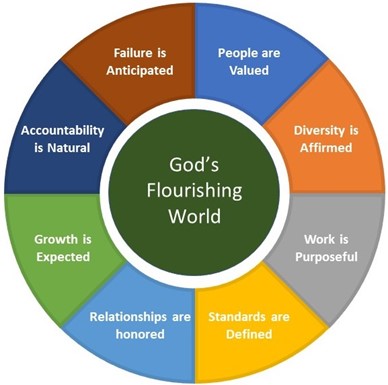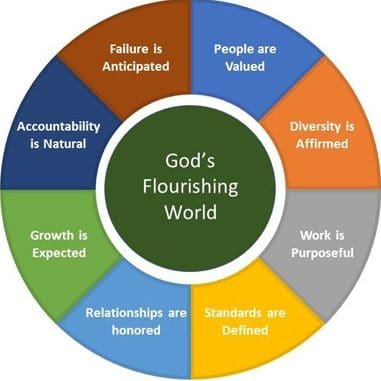September 14, 2022
There’s not a specific verse in scripture that talks about the humility of Barnabas, but there is plenty of evidence that he served with deep humility. First, while he was a prominent figure in the life of the church, when the people chose the first deacons, his name was not included (see Acts 6:1-6). This might have been a great disappointment to him, but nowhere is there any evidence that he resented this lack of recognition. An even stronger indication of his humility comes in his relationship with Saul (later called Paul) and how they are noted by the historian Luke who wrote the book of Acts. Early in the story the name of Barnabas is always mentioned first. He was a leader before Paul was even converted so naturally his name was prominent. At the church in Antioch, the name of Barnabas was listed first (Acts 13:1). As they set out on the first missionary journey they went as “Barnabas and Saul” (see Acts 13:6). Barnabas was in the forefront. But very soon this changes.
Paul became the key leader on the team, even in Cyprus, the home of Barnabas. By the time they left Cyprus Luke speaks of “Paul and his companions” (Acts 13:13) and after Mark left it was “Paul and Barnabas” (Acts 13:42). From this point forward their names were nearly always listed in this order. (See exceptions in Acts 14:14 and 15:2, 25). After the disagreement Barnabas had with Paul in Acts 15 (which we will examine in our next issue) Barnabas made a missionary trip that Luke did not even include in his history of the church and the name of Barnabas is not mentioned again. Only a humble leader can continue serving after losing recognition. His humility did not make him a weak leader but a serving leader who focused on others rather than himself. Barnabas shows all leaders how to serve with humility.
Humility serves by spotlighting the gifts of others
Barnabas recognized Paul’s gifting early in their relationship and continually pulled Paul into places where he would use those gifts. He brought Paul to the church leaders in Jerusalem and later called Paul to join him at Antioch. Barnabas was a gifted leader, but he humbly shone a light on the gifts of Paul until they were recognized by all.
Some leaders want the focus of attention to be on their own gifts and feel threatened by the gifts of others around them. But serving leaders are not threatened by the gifts of others. They do not downplay their own gifts but call attention to the gifts of others. They humbly affirm and acknowledge that others are gifted in ways that they are not and seek ways to let others know about those gifts.
Humility serves by strengthening the gifts of others.
Barnabas not only highlighted the gifts of Paul, but he also worked hard to compliment those gifts with his own. He walked alongside of Paul and brought his gifts to bear to their teamwork. He traveled, preached, and led with Paul. Paul, even when he took the lead, needed the gifts of Barnabas.
Some leaders look for others to strengthen their own gifts. Serving leaders look for ways to strengthen the gifts of others.
Humility serves by submitting to the gifts of others.
Barnabas faded from the records as he allowed Paul to rise up as a leader. He submitted his gifts to the greater good and the mission of the team. Some leaders resist yielding their gifts to a larger purpose. But serving leaders submit their gifts to team goals. When, like Barnabas, that means disappearing from the scene, they accept that with humility. If they are by gifting a “Paul”, they find ways to affirm the gifting of the “Barnabas” on the team which they acknowledge they also need to succeed.
For further reflection and discussion:
- How does the humility of Barnabas challenge me as a leader? What action can I take this week to be more like him?
- In what ways can I spotlight the gifts of others today instead of my own?
- In what ways do my gifts strengthen the gifts of others? How can I appropriately acknowledge the role of my own gifts while serving others?
- Do I consciously submit my own gifts to the mission of the team, or do I see my gifts as more important than the mission? How does this impact my leadership?
- If I am more of a “Paul” by gifting, what can I do to affirm the role of the “Barnabas” on my team today?
Until next time, yours on the journey,
Jon Byler In the next issue, we’ll examine how Barnabas served with failure!


